Soil for roses in the ground
wiguy12
12 years ago
Related Stories
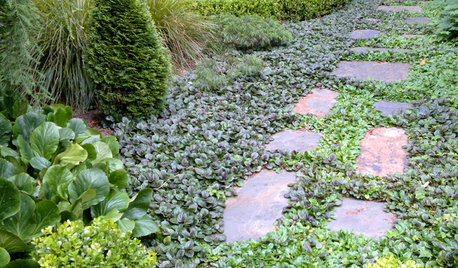
GROUND COVERSGround Force: 10 Top Ground Covers for Your Garden
Protect your soil from weeds and drought this summer with a living mulch of ground covers
Full Story
GARDENING GUIDESHow to Pick a Mulch — and Why Your Soil Wants It
There's more to topdressing than shredded wood. Learn about mulch types, costs and design considerations here
Full Story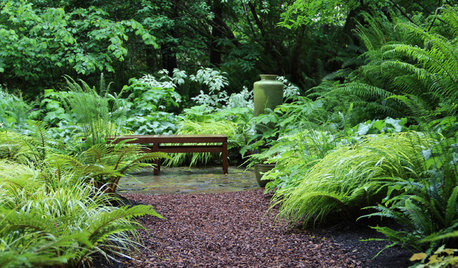
GARDENING GUIDES10 Solutions for Soggy Soil
If a too-wet garden is raining on your parade, try these water-loving plants and other ideas for handling all of that H2O
Full Story
GARDENING GUIDESHow to Stop Worrying and Start Loving Clay Soil
Clay has many more benefits than you might imagine
Full Story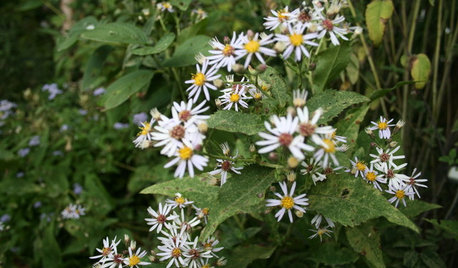
GARDENING GUIDES6 Native Ground Covers for Tough, Dry Spots
Sun beating down on your sandy gravel? Thick shade darkening your clay soil? There’s a ground cover here for you
Full Story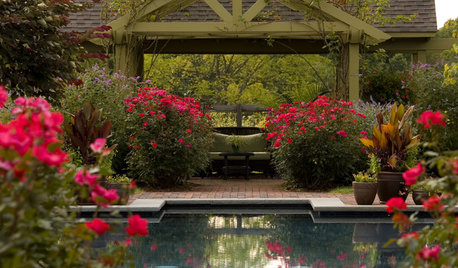
SPRING GARDENINGHow to Grow a Rose Garden in Pots
Everything can come up roses, even without a plot of soil in sight. This step-by-step guide to growing roses in containers shows you how
Full Story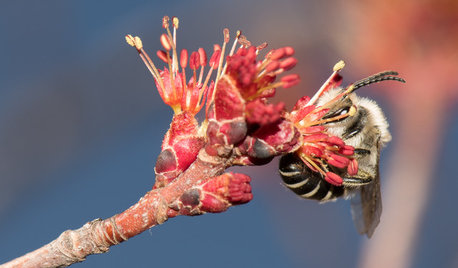
GARDENING GUIDESInvite Cellophane Bees to Your Garden by Providing Patches of Bare Soil
Look for cellophane bees (Colletes) pollinating flowering trees and shrubs in U.S. gardens this spring
Full Story
FARM YOUR YARDHow to Get Good Soil for Your Edible Garden
The nutrients in your soil feed the plants that feed you. Here are tips on getting it right — just in time for planting season
Full Story
GARDENING GUIDESGardening Solutions for Heavy Clay Soils
What’s a gardener to do with soil that’s easily compacted and has poor drainage? Find out here
Full Story
GARDENING GUIDESGet the Dirt on Your Garden’s Soil
Understand how your soil supports your plants so you can ensure your garden’s success
Full Story





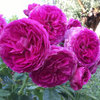
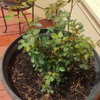
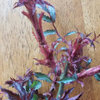
User
michaelg
Related Professionals
Windham Landscape Architects & Landscape Designers · Arnold Landscape Architects & Landscape Designers · Ballwin Landscape Architects & Landscape Designers · Redondo Beach Landscape Architects & Landscape Designers · Severn Landscape Architects & Landscape Designers · Brandon Landscape Contractors · El Reno Landscape Contractors · Fishers Landscape Contractors · Lancaster Landscape Contractors · Palm Beach Gardens Landscape Contractors · Salem Landscape Contractors · Tamarac Landscape Contractors · Wayland Landscape Contractors · Four Corners Landscape Contractors · Lauderdale Lakes Landscape Contractorsstrawchicago z5
strawchicago z5
stlgal
wiguy12Original Author
strawchicago z5
wiguy12Original Author
rosarama
michaelg
strawchicago z5
wiguy12Original Author
strawchicago z5